viernes, diciembre 30, 2011
DON BLANQUITO
Se llama Alex Cutler (30), nacio en Estados Unidos en una famila judia de altos recursos economicos, se crio en Los Angeles, fue enviado a un internado privado para estudiar. Luego en la universidad se graduo en finanzas y obtuvo una maestria en administracion de negocios .... todo indicaba que terminaria trabajando en Wall Street para el sistema financiero...
Pero no fue asi,... termino viviendo en Brasil en una favela, donde compro una casa por veinte mil dolares y se dedica a escribir y cantar musica brasilera llamada "funk brasilero", su musica en vez de enfatizar la violencia, se dedica a exaltar la belleza y la sensualidad de la mujer brasilera....
se le conoce como "DON BLANQUITO".
http://www.donblanquito.com/index_p.php
Don Blanquito Official Rio Video. 2016 Olympics. 2016 Olympiados no Rio De Janeiro
http://youtu.be/tJptIRv6rKg
Na Favela
http://youtu.be/QbAL4h4ejIo
Mais
http://youtu.be/9m-191IZeuk
Californian With an M.B.A. Follows His Heart to Brazilian Funk
NOVA IGUAÇU, Brazil — The train to this city on Rio de Janeiro’s edge carries passengers from the urban underclass chasing dreams big and small: teenagers trying out for a soccer club, a maid studying to be a nurse, a knife salesman plying his trade in the aisles.
Then there is the 30-year-old American in a U.C.L.A. Bruins shirt, equipped with an M.B.A. and a fluency in Portuguese that one acquires only in Rio’s favelas, or slums.
“That’s Don Blanquito,” said Claudia de Oliveira, 21, a commuter who smiled in admiration of the American before stepping off the train in the Mesquita district. “He’s the most courageous gringo in all of Rio.”
It is not every day that an American gains household-name status in Rio’s gritty periphery, much less with a nickname that translates roughly as “Sir Whiteboy.” It is even rarer that he does so as a singer and a composer of Brazilian funk, a musical genre that emerged in the favelas.
But Don Blanquito, whose real name is Alex Cutler, is not just any American.
“I know it must seem insane to find a white guy from California in this scene,” said Mr. Cutler, who earned an undergraduate degree from Northeastern University and an M.B.A. from Pompeu Fabra University in Barcelona. “I could’ve gone to Wall Street, eating at Nobu every night. But the funk world is where I found myself.”
Brazilian funk, not to be confused with the classic sounds of James Brown or Parliament-Funkadelic, is American hip-hop’s rapid-fire cousin, influenced by the Miami Bass style in the United States while blending in elements of local rap, samba and techno.
The result, with lyrics that often graphically celebrate the sensuality of Rio’s women and the exploits of its drug lords, is not for the faint of heart. Samples of machine-gun fire are blended into prerecorded beats, and some funk shows have turned into riotous bacchanals.
The most explicitly violent songs, those considered by the Brazilian police to incite violence, are illegal, putting them in a league with other Latin American outlaw musical genres like Colombia’s “prohibited ballads,” which celebrate guerrillas and paramilitary warlords.
In a musical subculture that still frightens and fascinates many residents of the self-described noble seaside districts literally in the shadow of Rio’s hillside favelas, Mr. Cutler talks the talk. His Portuguese flows with roguish street terminology and self-deprecating wisecracks, a stream-of-consciousness commentary that would merit at least an R rating.
And unlike many fair-weather foreigners who frequent Rio for its beaches, he also walks the walk. He performs here in the gritty city of Nova Iguaçu and other sketchy parts of the Baixada Fluminense, the patchwork of poor districts on Rio’s periphery. He has put down stakes in Tabajaras, a favela perched atop Copacabana, where he paid $20,000 in cash for a tiny house where he lives with his girlfriend, Yasmin Leiros.
Tabajaras is a long way from Los Angeles, where Mr. Cutler was raised in an affluent Jewish household, before attending Berkshire, a Massachusetts boarding school. (His Anglo-sounding surname, he jokes, was changed by an ancestor who emigrated from Russia, thinking it sounded like “cutlery.”)
Mr. Cutler clawed his way into the funk world from the ground level, after earlier efforts rapping in Spanish in the United States and then the Dominican Republic. He said he was drawn to rap, and later to funk, by the sense of incomparable adventure these genres offered compared with working in an office. The brother of a Dominican girlfriend christened him Don Blanquito, a name he kept.
After moving here four years ago, Mr. Cutler traveled by bus and train each weekend to the Baixada Fluminense, where he distributed his music to prominent D.J.’s. Cutting his teeth in these clubs, ducking bullets sometimes when gunfights broke out, he says he found his calling.
He relies on what he calls guerrilla marketing, passing out CDs to passengers on train cars, as well as T-shirts and condoms emblazoned with “Don Blanquito.”
“I want my fans to laugh a little and remember me, even if it’s during one of those intimate moments,” he explained.
Humor also offers a way to co-opt the comic incongruity of his position. When specialists in Rio’s funk scene hear his unlikely tale, they expect to encounter some type of gagman, or a white foreign provocateur appropriating a largely black music scene, an Eminem or an Ali G, the satirical hip-hop poseur created by the British comedian Sacha Baron Cohen.
During a recent show at a club in São João de Meriti, jaws dropped among some who did not know what to make of the American on stage.
But Mr. Cutler overcame the skepticism. Some of his appeal has to do with the novelty of an American in quarters where few foreigners dare to tread. Some fans like the way he glorifies big appetites for Brazil’s sensual pursuits or the gyrating female dancers accompanying him.
“Don Blanquito’s coming at it from the bottom up, not imposing his own aesthetic as much as possible, but working within existing structures to make his music,” said Paul Sneed, a professor at the University of Kansas who has written widely on Brazilian funk.
His success has made him something of a celebrity. On Rio’s streets, fans rush up to take photos with him on their cellphones. A performance on a prominent television talk show in February brightened his star.
“I trended ahead of Qaddafi on Twitter that day,” he said with typical bravado.
While Mr. Cutler specializes in what he calls “funk light,” emphasizing racy lyrics but eschewing the celebration of violence, he knows that the broader funk scene is evolving as Rio’s favelas are increasingly pacified by security forces, squeezing out the rawer, more bellicose singers favored by drug traffickers and their minions.
He is contemplative about the changing nature of funk, even acknowledging that his own days performing it may be numbered, despite the new opportunities for purveyors of “funk light.” Maybe it has something to do with the realization that fame is fleeting. Maybe it involves turning 30 in a young man’s world. And maybe it is because, despite his celebrity, making ends meet as a funk singer is not easy.
He has already diversified, taking a day job selling event equipment for a multinational.
But his heart remains in the slums where funk was born. He is buying a bigger house in Tabajaras, a pacified favela. A shabby affair commanding a stunning view, the property befits a figure who cracked Rio’s code.
“I’m staying in the favela,” he said. “I don’t know if I’ll sing funk forever, but I know what it’s like to do music that trembles your soul.”
By SIMON ROMERO
http://www.nytimes.com/
http://youtu.be/oLtN6tPesvg
http://youtu.be/XH2fPZgo6Zk
http://video.nytimes.com/video/2011/12/25/world/americas/100000001222292/rio-funk-american-style.html
Suscribirse a:
Comentarios de la entrada (Atom)







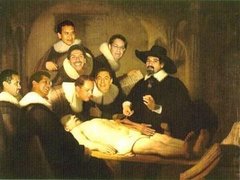




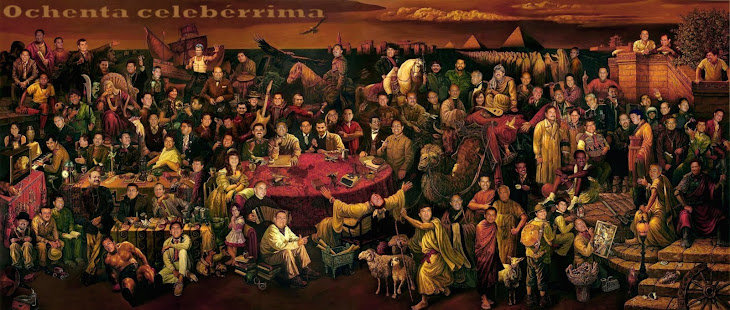
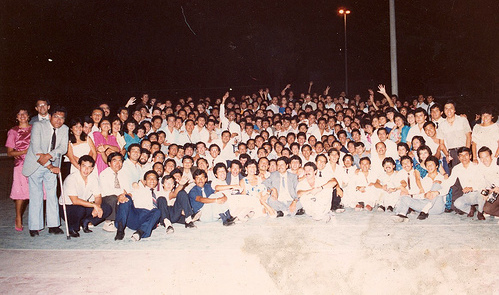
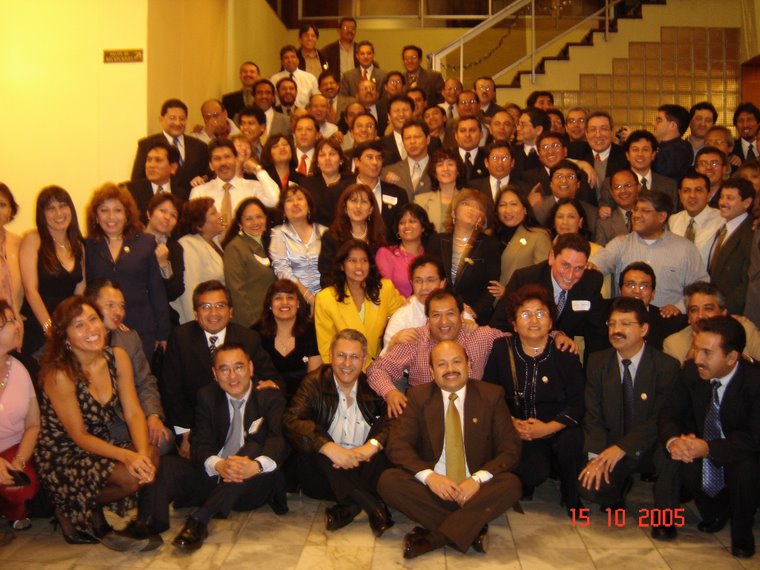
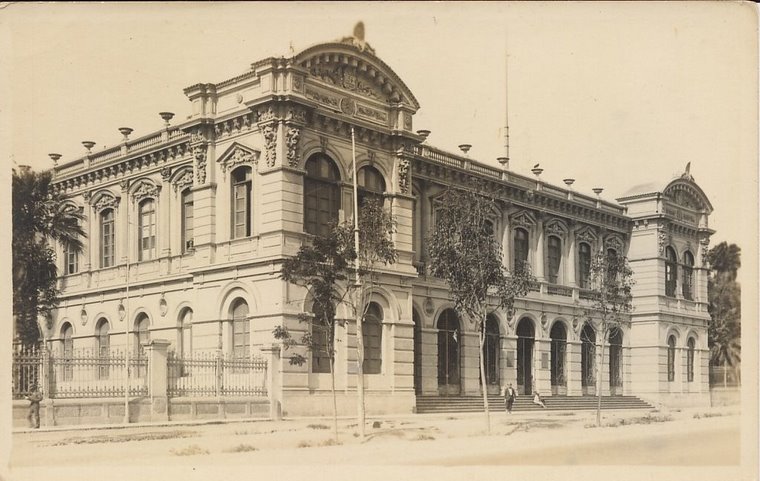
No hay comentarios.:
Publicar un comentario